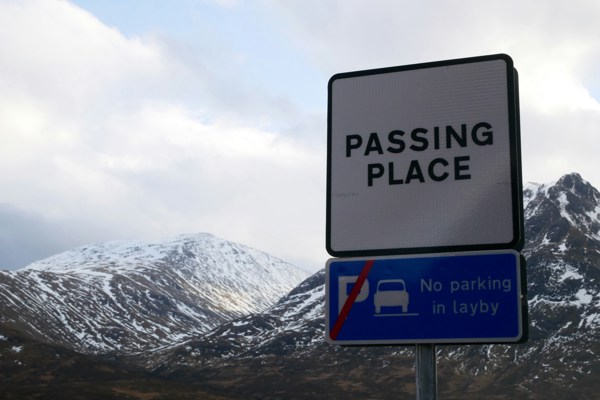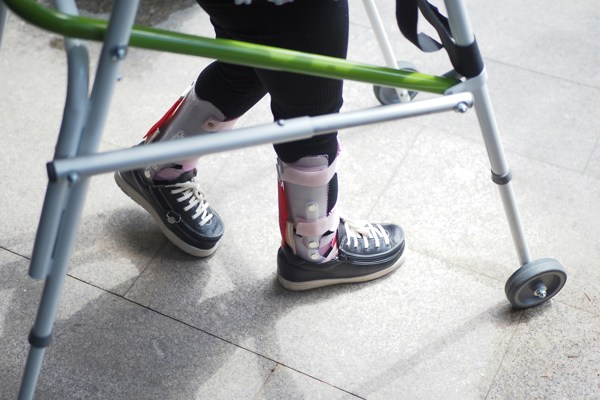
Facts
Carolyn Almond-Roots raised an action for damages for the life-changing injuries she sustained as a result of the medical treatment she received. Mr Eljamel was a surgeon who worked for both NHS Tayside and in private practice. Ms Almond-Roots attended Ninewells Hospital on 4 February 2013. She was deemed not to require an urgent MRI scan at that point, but did have one on 20 February 2013. In early March 2013 her GP reviewed her MRI results by which point she had decided to go private. On 16 April 2013, Ms Almond-Roots underwent surgery which was conducted by Mr Eljamel. He saw her in a private clinic, not as part of his NHS practice. After the surgery Ms Almond-Roots developed cauda equina syndrome, a life changing condition.
Negligence had been admitted by both parties prior to the hearing. NHS Tayside had failed to respond to the findings of the MRI scan which indicated that she had a large disc prolapse. Mr Eljamel did not perform the surgery with proper care and attention. After the surgery, he did not respond to other issues she was suffering from and provide further treatment. The amount of damages to be awarded had been agreed at £2,810,118. It was for the court to decide the percentage of the award each defender should be responsible for.
Decision
Lord Uist held that Mr Eljamel should be 100% responsible for the injuries suffered by the pursuer on the basis that it was his negligence, when he was acting in the course of his private practice, which caused the pursuer to develop cauda equina syndrome.
NHS Tayside had admitted their negligence in failing to react to the findings of the MRI scan. However, this failure did not cause the pursuer to suffer any significant harm or any neurological deterioration. In the two weeks before having the MRI scan she continued to suffer discomfort, but the delay in receiving the scan did not directly cause her to develop cauda equina syndrome.
In coming to this opinion, consideration was made of the moral blameworthiness of each party and of causative potency. NHS Tayside's negligence did not cause Ms Almond-Roots any significant harm. It would be unjust to find them liable to contribute to the damages for cauda equina syndrome when that condition was caused by Mr Eljamel's negligence.
Comment
Almost every patient is treated by more than one medic. Often in medical negligence claims, there is a series of events which have all contributed to the final outcome. This case is particularly interesting as the court was being asked to consider two instances of negligent treatment and assess how they contributed to the outcome. The court's reasoning on how to apply the roles on apportionment takes us back to one of the fundamental questions in any medical negligence claim: what was the true cause of the claimant's injury?


